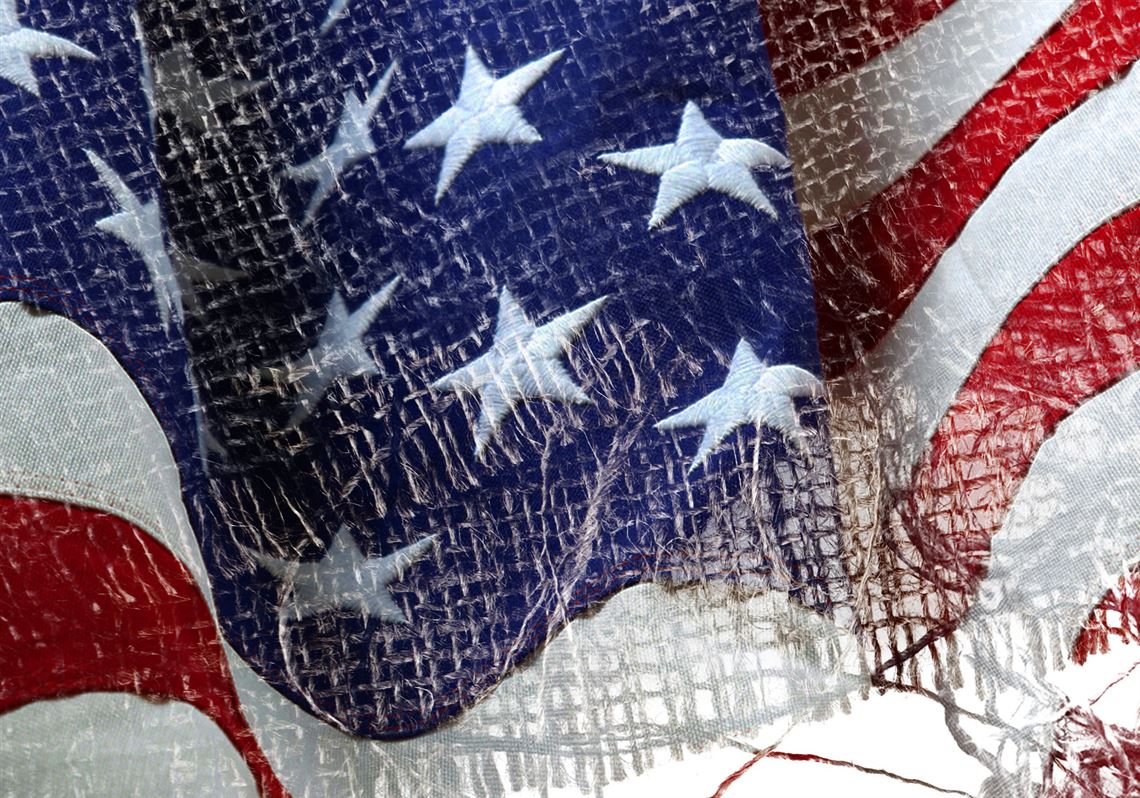H
harshcshah
Guest
In my recent interactions I have discussed the morality of gay sex and the recent unfortunate events surrounding the death of Mr. Floyd. Now, it has been so that it is almost impossible to have a good argument - I make a reasoned point and the other side comes back with a strawmen and pathetic slurs like “racist”, “homophobe”, “probably a sexist too”. Then, it is as if they have “won” the argument when my intention wa only to have a civil discussion. I understand that this is happening all over the culture. So, I ask, what ever happened to a good argument? Surely, even 50 years ago, despite all the troubles of that time, one could at least have engaged in a meaningful and civil argument. What happened?

